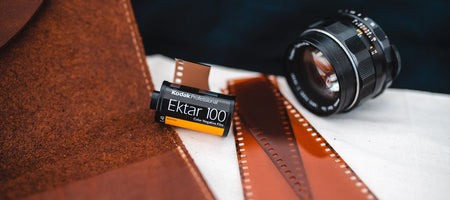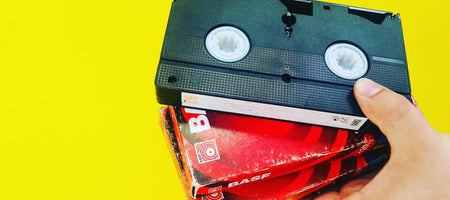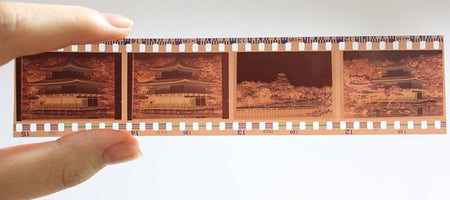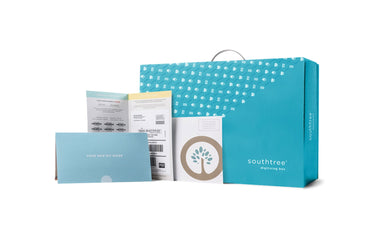Think hard. Now think even harder. Now think even harder than that. Can you think of your very earliest memory that you ever had?
I’m not sure that I can. Pretty much everything before around 4 years old just seems blank, but I know there’s something there. I have a vague feeling of being at daycare and waiting for my mom to pick me up. I have another hazy image of playing in a flower bed in front of my dad’s workshop. I’m not exactly sure which one came first, but I do know that those memories are some of the first things that I can remember remembering.
When do memories start?
This question might be impossible to answer. If you talk to three different scientists, they’ll probably give you three different answers. The general thinking is that memories usually start forming around 3 years old or so, but they’re not quite memories like adults have. The truth is that much of early memory formation hypotheses lie somewhere between science and philosophy.
Some scientists say that there are two different types of memories that we have: explicit and implicit memories. To put a definition to them, explicit memories are specific memories about things like dates, items, and events, while implicit memories are more of an idea or feeling. For example, if you went out to dinner, an explicit memory would be recalling that you ate a hamburger and french fries,. An implicit memory would be that you went to dinner and ate a meal that made you feel full and happy.
Some scientists say that before the age of around seven, children aren’t capable of forming explicit memories. Instead, most memories are implicit memories. That means that, instead of remembering particular details, kids younger than four years old are creating high-level maps of events, but they’re sort of like impressionist paintings.
An Interesting Complication
I’ll preface this section by saying that I’m not a doctor or a scientist. I have read some philosophy and linguistics, and I think that the answer to the memory formation riddle is interconnected with the development of language; the capacity of the brain to translate sensory data into stuff we can make sense out of is central to the reason why we don’t remember things sooner than we do.
While we’re young, we’re still developing the ability to communicate with language. We probably don’t know many words, and we definitely can’t define everything our hands touch and our eyes see. If we think about the way that the brain seems to work, language acts as a sort of overlay to the experiences that we have. It’s the way that our brains are able to distinguish between things, because we can put names on them. The fancy term in academia for that is called schemas.
When we’re really young, our schemas are broad and experiential. As we age, language gives us the ability to get more detailed in the schemas. If we think about the map metaphor, when we’re young, we’re a blank sheet of paper. As we start to learn, we start adding oceans and land to the map. We keep getting older, and we start adding cities, rivers, and mountains. Once details exist on the map, they’re easy to point to, but when the map is blank, there’s no way to know what’s what.
I think that language is the piece of the puzzle that makes memory formation different in youngsters. Without language, they’re only seeing the world as a blank map because it hasn’t filled in yet. Until we have language to label things, we can’t point back to them. Our brain doesn’t have the mechanism to do it.
If we think about the hamburger experience, how would you remember that you had a hamburger if you didn’t know that what you had was a hamburger? Put another way, your brain doesn’t have a way to catalog all of the details that you’re experiencing when you’re that young, because it hasn’t figured out the language coding yet. Emotions and feelings don’t go through the same filter, because they’re visceral and internal, which might explain why our earliest memories are so vague and fuzzy. Without language, it seems that we literally don’t have the capacity to interpret or store the things we were interacting with, so they’re ultimately lost to the subconscious.
But who knows! I could be totally wrong. It’ll take a bunch more research and time before humans are able to solve the mystery of memory, especially in young kids.













